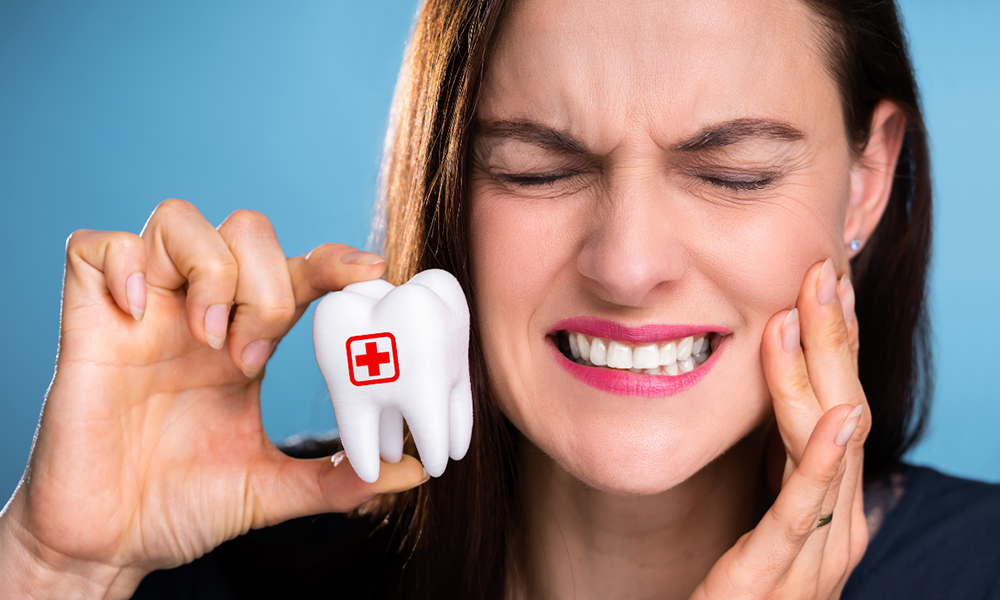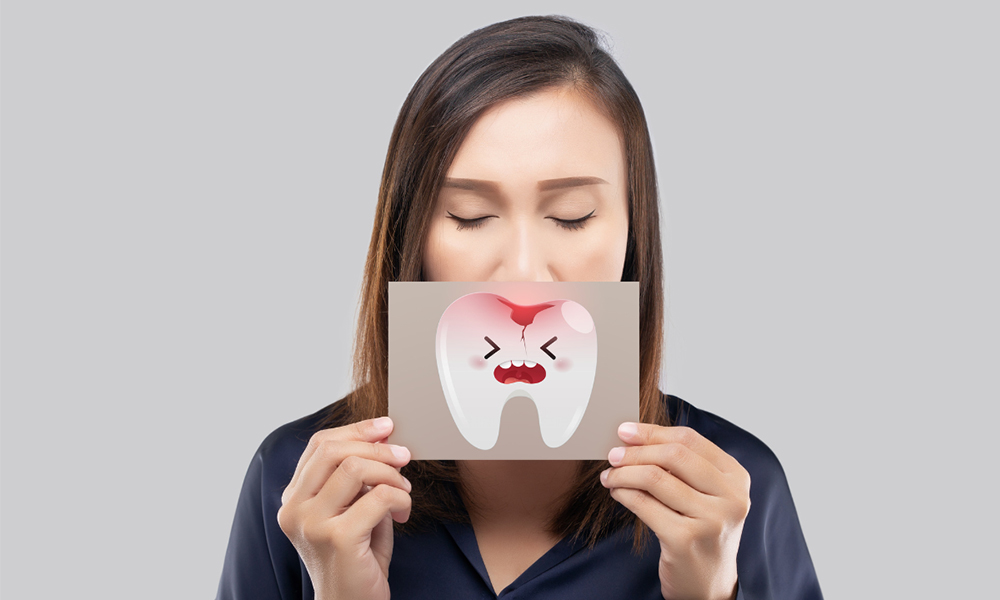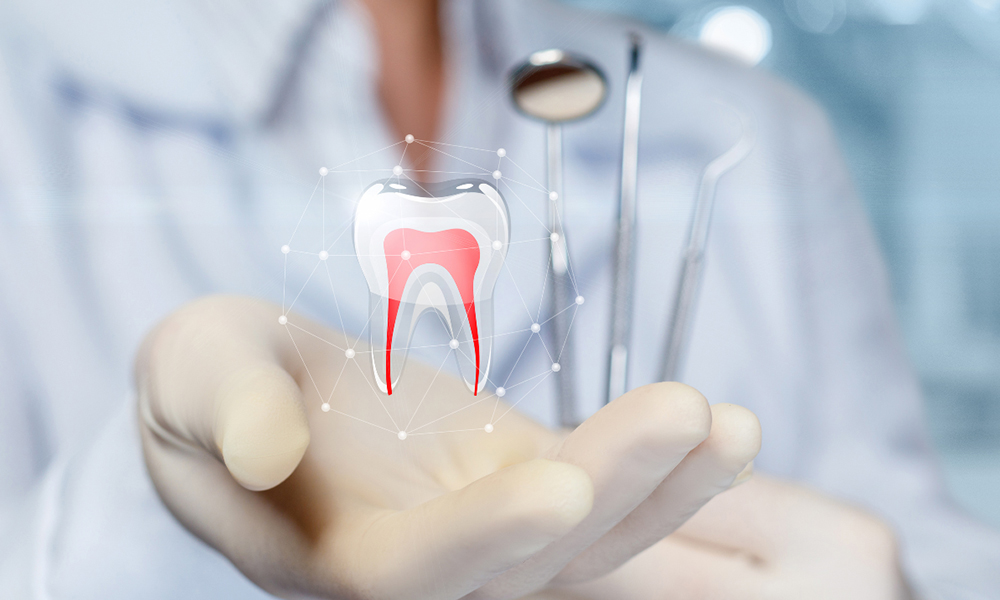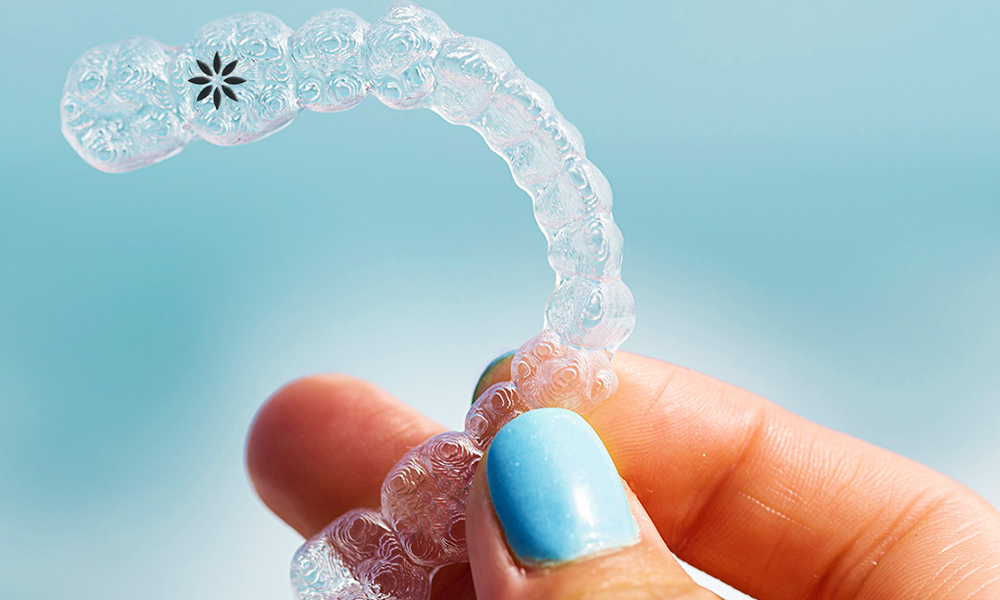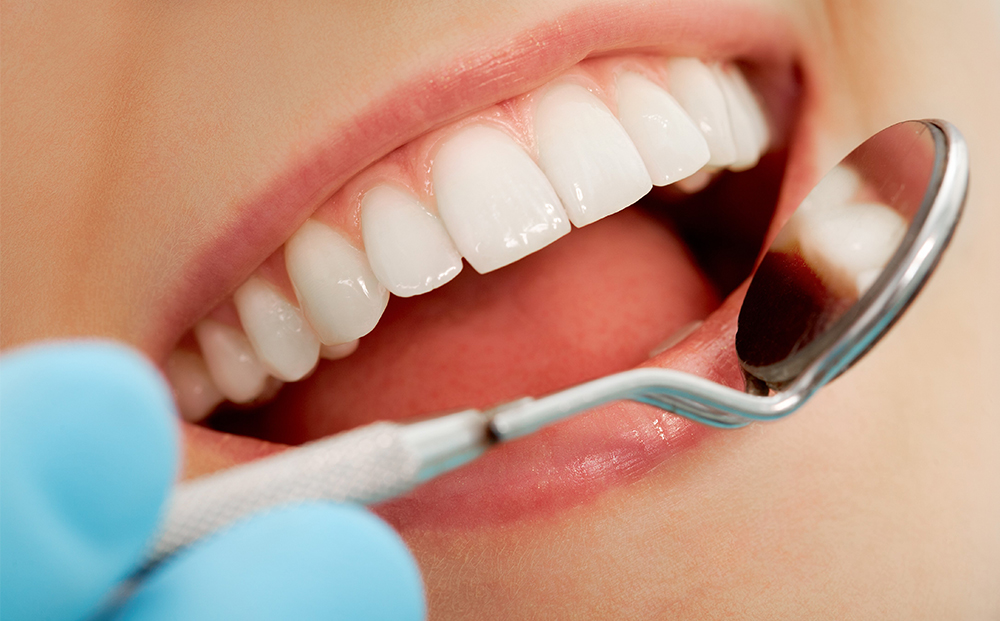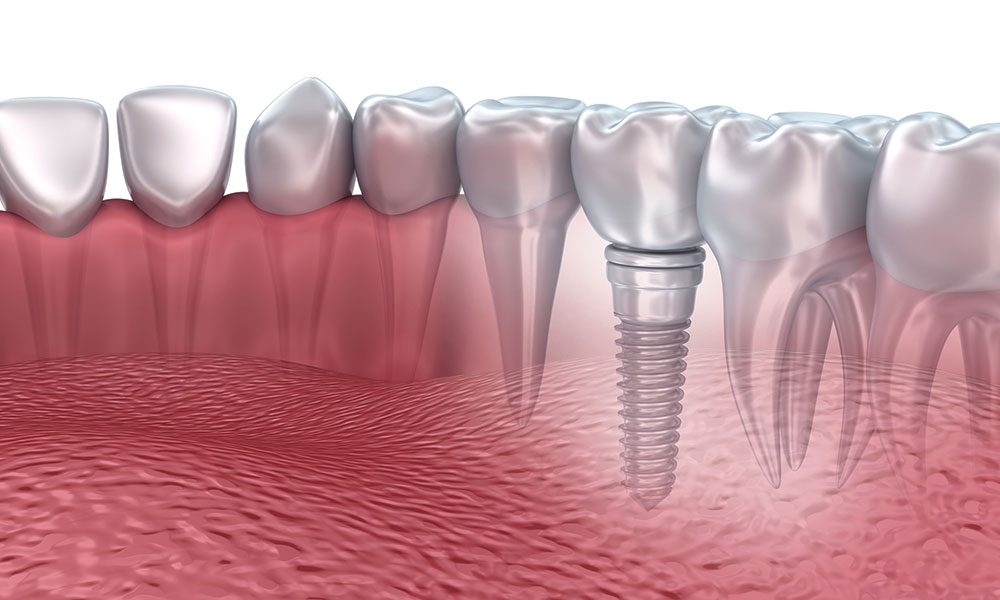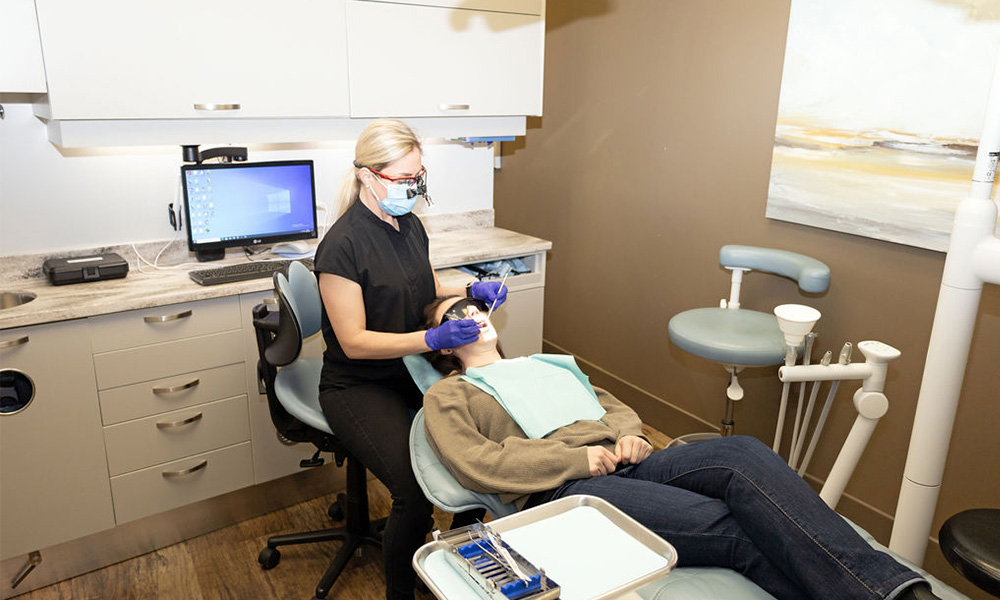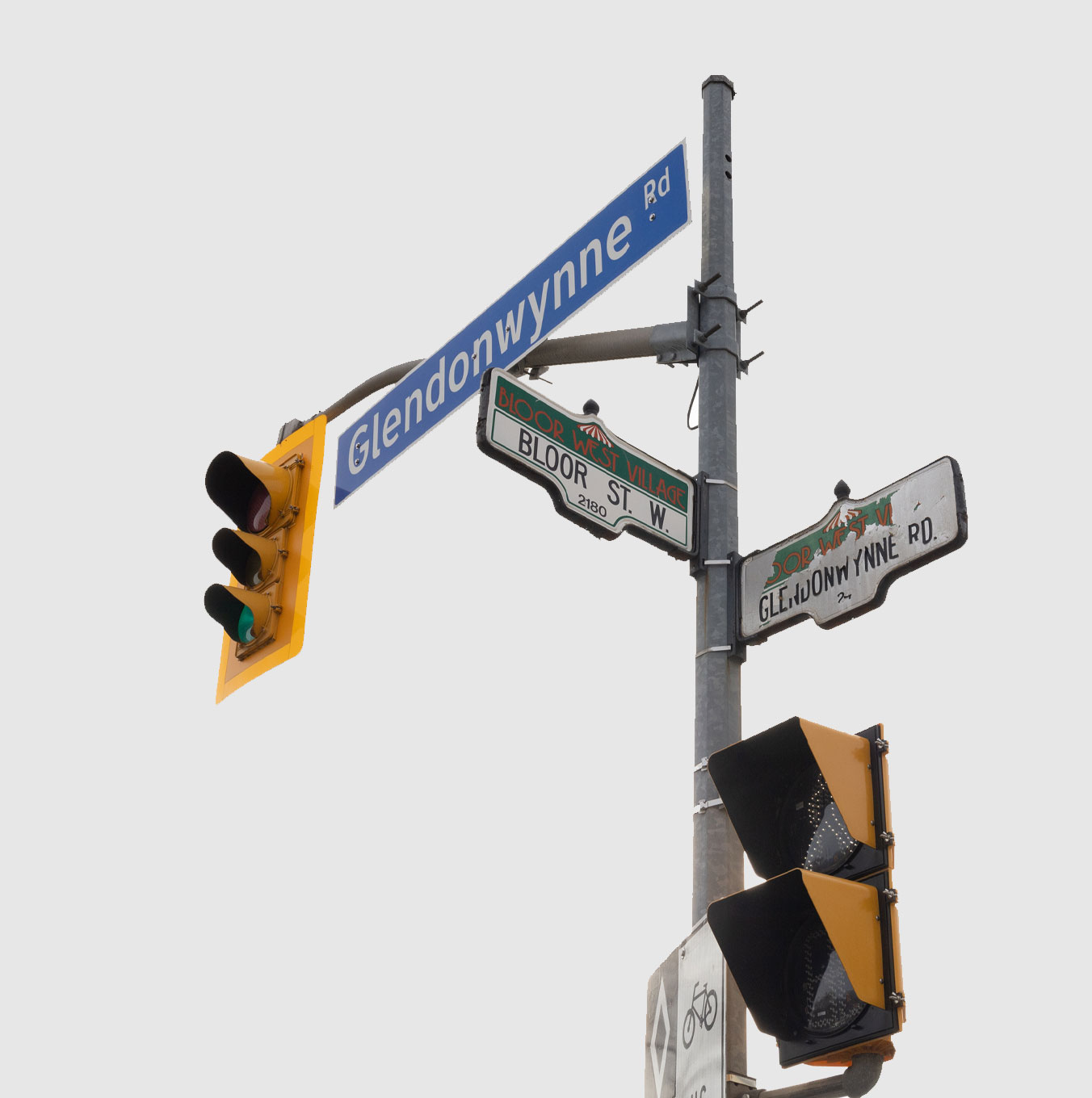

Have you ever noticed a clicking or popping sound when you open your mouth? Maybe you experience jaw pain, stiffness, or even headaches that seem to come from nowhere. If so, you could be dealing with Temporomandibular Joint (TMJ) Disorder—a common but often overlooked condition that affects the function of your jaw.
At High Park Dental Care, we frequently treat patients who suffer from TMJ-related discomfort. Understanding the causes and symptoms of this condition can help you take the right steps toward relief.
The temporomandibular joint (TMJ) connects your jawbone to your skull, allowing you to chew, speak, and move your mouth smoothly. When this joint becomes strained, inflamed, or misaligned, it can lead to TMJ disorder (TMD)—a condition that affects millions of people.
While jaw clicking is one of the most noticeable signs of TMD, there are several other symptoms to watch for, including:
If you’re experiencing any of these symptoms, it’s important to see our dental team for an evaluation. Ignoring TMJ disorder can lead to chronic pain, worn-down teeth, and difficulty eating or speaking.
TMD can develop from several factors, including:
At High Park Dental Care, we offer customized TMJ treatments to help relieve your discomfort, including:
The right treatment plan depends on your specific symptoms and needs, which is why a professional evaluation is essential.
If you’re struggling with jaw clicking, pain, or discomfort, don’t wait for the problem to get worse. At High Park Dental Care, our dental team can help diagnose and treat TMJ disorder to restore your comfort and quality of life.






